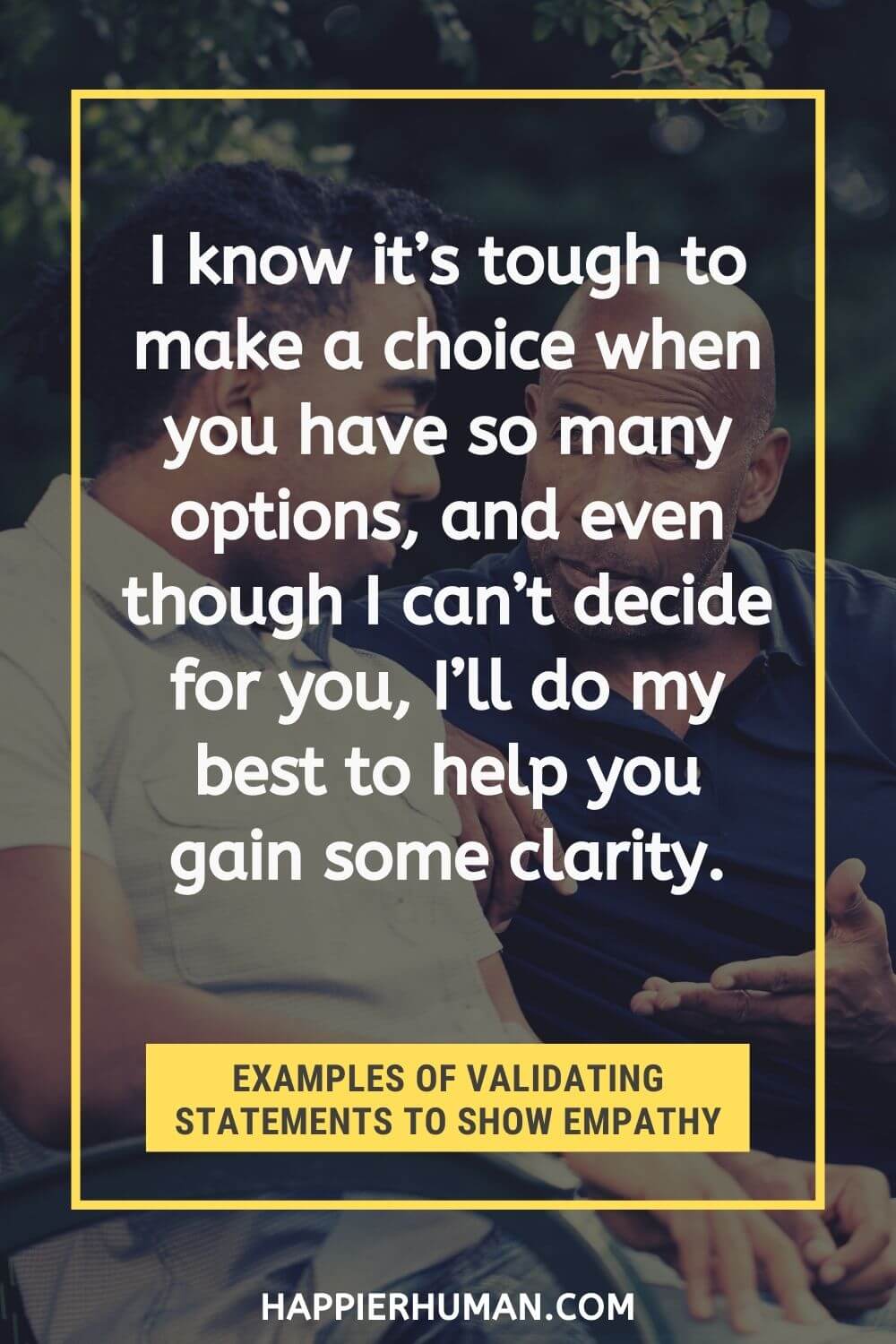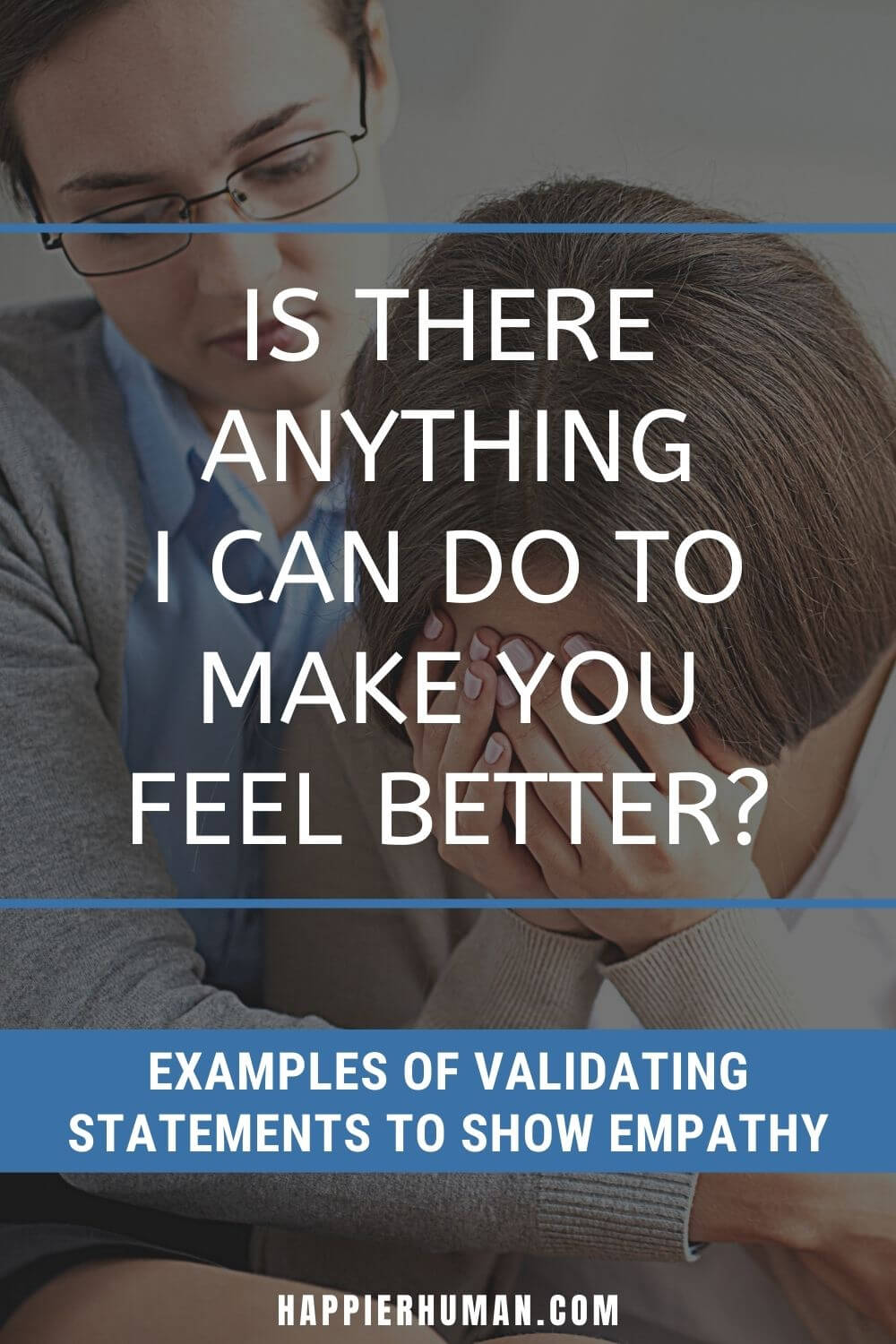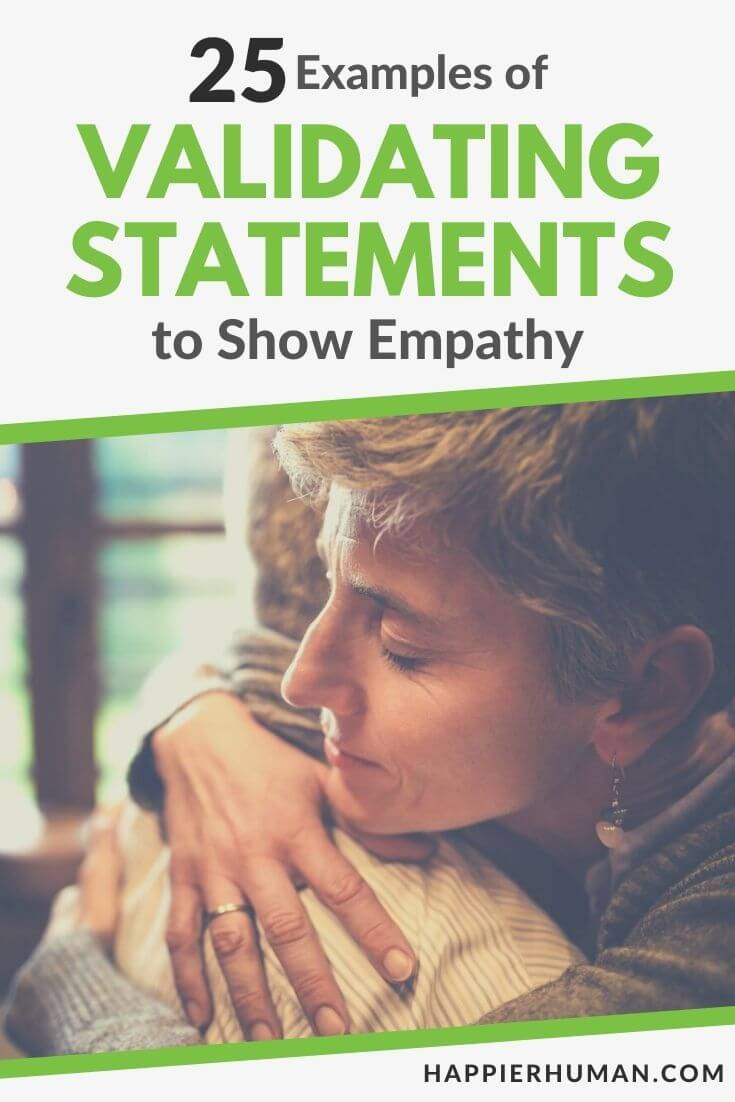There might be affiliate links on this page, which means we get a small commission of anything you buy. As an Amazon Associate we earn from qualifying purchases. Please do your own research before making any online purchase.
“Empathy is seeing with the eyes of another, listening with the ears of another, and feeling with the heart of another.”
I believe this quote by Alfred Adler perfectly represents what empathy should look like.
In other words, to empathize means to put aside your views, opinions, and impressions so that you can create enough mental space to see and understand a situation the way another person does.
Empathy facilitates emotional validation and creates a fertile ground for meaningful interactions.
By validating someone’s feelings, you let them know that it’s ok to experience a certain range of emotions.
That goes a long way towards overcoming life’s unexpected hassles.
Depending on the person whose emotions you validate, this process can generate numerous benefits that contribute to your overall sense of happiness and well-being.
In relationships, validating your partner’s feelings is a foundation for intimacy, while at work, emotional validation can build trust among team members.
(Side note: One of the best ways to increase your happiness and life satisfaction is to plan your day, so you focus on your TOP goals. To get started, watch this free video that details the 7-minute habit for planning your day to focus on what's important.)
25 Validating Statements to Show Empathy:
1. I too would feel that way if I were in your situation.
2. I’m truly sorry you had to deal with…
3. I appreciate that you feel comfortable enough to share this with me.
4. I know it’s tough to make a choice when you have so many options, and even though I can’t decide for you, I’ll do my best to help you gain some clarity.

5. I want to make sure I understand this correctly. So, what I’m hearing is that…
6. It must have felt difficult to open up about… Thank you for sharing!
7. Wow, I can understand why you felt…
8. That doesn’t sound right/fair/respectful at all. I’m truly sorry you had to deal with…
9. Considering everything that you’ve been through, it’s incredible that you’re still…
10. I would probably feel the same way if I were in your situation.
11. Even though I might not fully comprehend the gravity of the situation, I can see that you’re going through a rough patch, and I’m here for you. So tell me what you need.
Even though I might not fully comprehend the gravity of the situation, I can see that you’re going through a rough patch, and I’m here for you. So tell me what you need.”
12. Unbelievable! It angers/disappoints/saddens me to hear that…
13. You might feel like no one understands what you’ve been through, but if you choose to share your story with me, I promise I’ll do my best to hear it.
14. I’m not an expert in… , but it sounds like you did the best you could.
15. Is there any way I can help you with this?
16. If it’s comfortable for you, I would like to hear more about…
17. Yeah, I know exactly how it feels when someone/something is…
18. I think it’s normal to feel… when someone/something is…
19. I’m sorry for… I should have listened more carefully when you told me how you felt.
20. How long have you been dealing with this situation?
21. Is there anything I can do to make you feel better?

22. Now that you told me this, I can totally understand why you left…
23. That’s outrageous. Why would someone do such a thing!?
24. Damn, so sorry to hear that. Tell me everything.
25. Don’t worry, we’re going to get through this together.
Final Thoughts on Validating Statements
Validating someone’s feelings is an act that requires active listening, empathy, and acceptance.
It is a process in which you put aside your views, impressions, and opinions to fully understand what the other person is going through and provide the comfort they need to navigate a difficult period.
To come up with a validating statement, all you need to do is get in touch with the other person’s feelings and reflect them back.
You would be amazed how much you can change a person’s perspective with just a few kind words.

Alexander Draghici is a licensed Clinical Psychologist, CBT practitioner, and content writer for various mental health websites. His work focuses mainly on strategies designed to help people manage and prevent two of the most common emotional problems – anxiety and depression.
Finally, if you want to increase your happiness and life satisfaction, then watch this free video that details the 7-minute habit for planning your day to focus on what's important.


